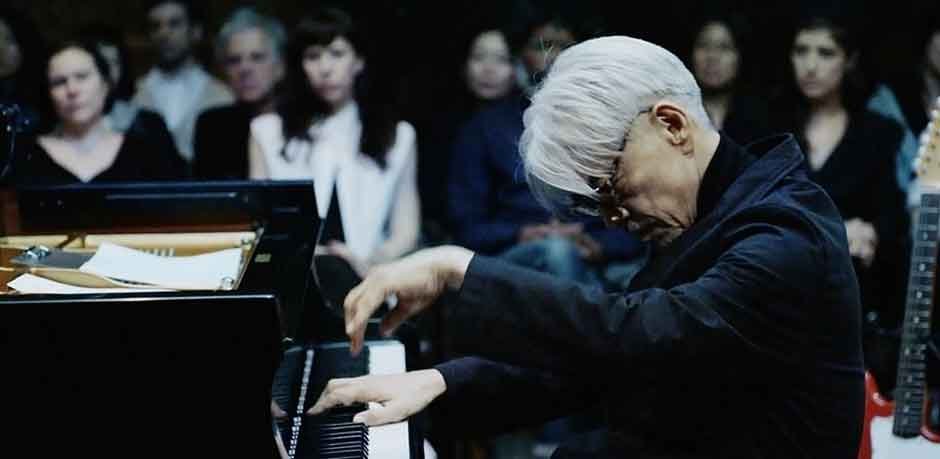The idea that playing the piano could boost your IQ might initially seem surprising. But when you look at the evidence, you can see a strong connection. Throughout history, many brilliant individuals have shown an aptitude for both intelligence and the piano. For example, besides his groundbreaking contributions to theoretical physics, Albert Einstein spent his free time playing the piano. Another notable figure was author Charles Dickens. Not only created some of the most memorable books today but also had amazing piano skills. These extraordinary individuals exemplify the relationship between intellect and musical talent.
The biggest debate is; were these individuals brilliant because they played the piano or played the piano because they were brilliant. To answer this question, you should consider taking a piano lesson in Houston to better understand the correlation.
The Piano Effect
The Piano Effect is a phenomenon that has always captured the interest of researchers, musicians, and educators. It refers to the potential of interpreting and connecting different sets of information that come with playing the piano and its impact on IQ. With its complex and rich musical structure, the piano requires a unique combination of mental and physical skills to master. As a result, pianists engage multiple areas of the brain simultaneously, fostering cognitive development. The Piano Effect also includes structured learning, discipline, and creativity that come with perfecting the instrument.
The Relationship Between Piano And IQ
As mentioned, playing the piano involves a wide range of skills, including reading sheet music, coordinating hand movements, and interpreting rhythm and tempo. All of these activities engage various areas of the brain. As a pianist develops these skills, their brain undergoes structural and functional changes that can lead to improved cognitive abilities.
Studies have shown that pianists, especially those who begin training young, display enhanced memory, problem-solving skills, and overall intelligence. Furthermore, the relationship between piano playing and IQ appears to be reciprocal. Not only does playing the piano have the potential to boost IQ, but individuals with higher IQs may also find it easier to excel in learning this complex instrument.
Benefits Of Playing Piano In Relation To IQ
As you can see, even though playing the piano is more of an art than science, the relationship between the two is undeniable. But how does playing the piano boost IQ?
Improved Memory: Playing the piano requires memorizing complex musical compositions, which in turn exercises and strengthens the brain’s memory capacity. This skill can transfer to other aspects of life, enhancing your ability to recall information and adapt to new situations.
Enhanced Concentration: Mastering the piano demands focus and attention. Pianists must process multiple streams of information simultaneously while maintaining rhythm. This heightened concentration can lead to improved performance in other cognitively demanding tasks.
Better Problem-Solving Skills: Piano playing involves deciphering complex patterns, understanding musical structures, and making real-time adjustments based on feedback. These skills foster an ability to think critically and solve problems effectively, essential for intellectual growth.
Increased Creativity: As they explore new musical ideas, composing and improvising on the piano allows individuals to tap into their creative potential. This creative thinking can extend to other areas of life, stimulating innovation and out-of-the-box problem-solving.
Emotional Intelligence: Playing the piano not only contributes to cognitive development but also amplifies emotional intelligence. As pianists express themselves through music, they learn to understand and convey complex emotions. This emotional connection with the instrument can increase empathy, self-awareness, and better interpersonal skills. Furthermore, piano playing helps manage stress and improve mood, ultimately enhancing emotional well-being and overall mental health.
Why Is It Important To Start Piano Lessons Early?
As mentioned, introducing children to piano lessons at an early age offers many benefits beyond just acquiring musical skills. The first lesson is navigating the keyboard while reading sheet music simultaneously. This helps to develop better motor skills and hand-eye coordination.
Kids need structure to become more disciplined. Piano lessons encourage patience and perseverance. Children must practice regularly and consistently to improve their technique, leading to better discipline.
Most importantly, children need to learn to think for themselves and be independent, as these qualities will be imperative as they grow up. The creativity and self-expression brought by learning the piano allow children to explore their emotions and develop a sense of individuality through music.
But learning the piano can be started at any age. Learning the piano can help bring out a harmonious side of you you didn’t know existed. It can help anyone gain a sense of accomplishment and self-confidence. It can help build composure and tolerance.


